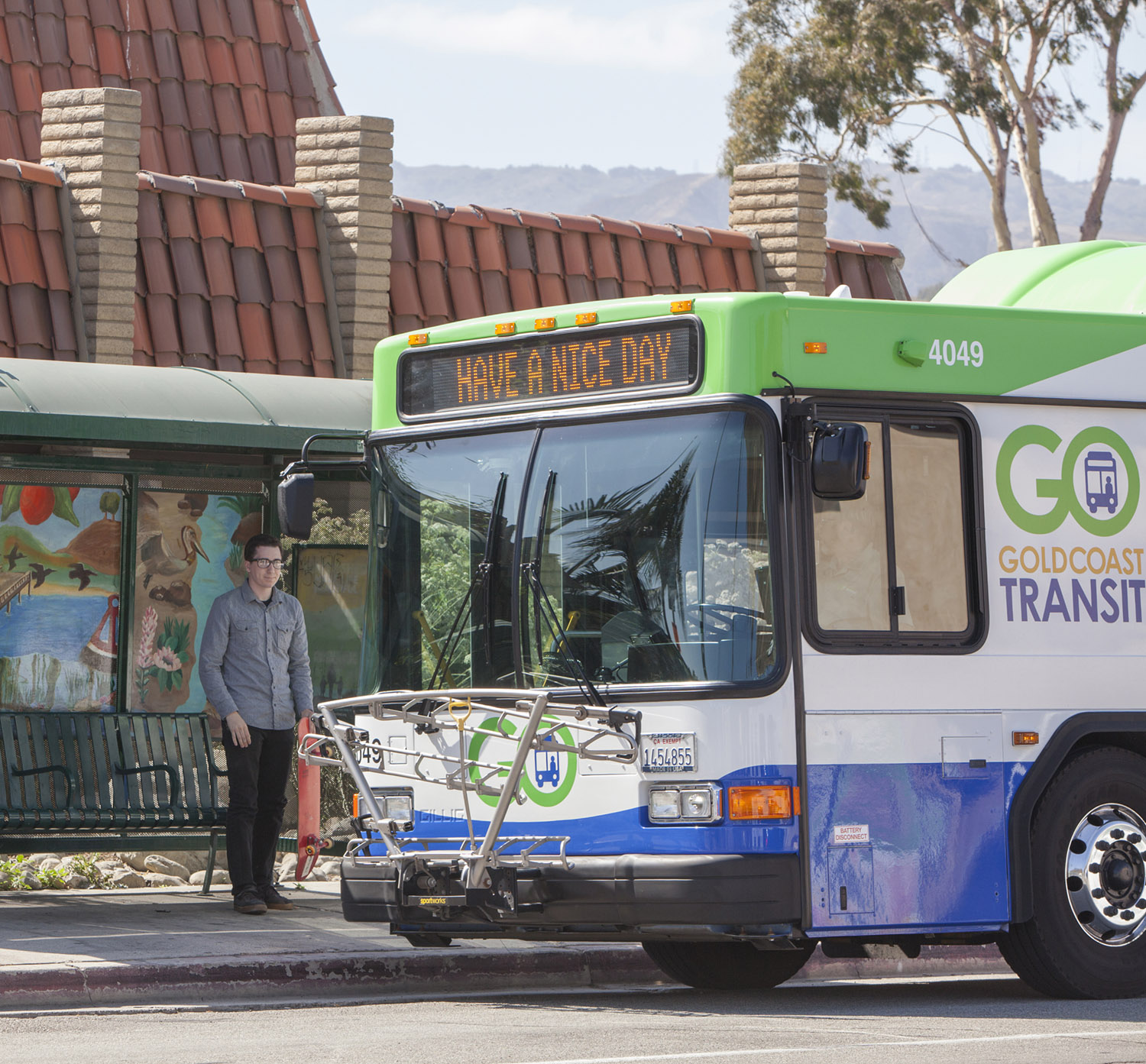For eight years, AARP has been giving out grants that help build small, transformative projects and jump-start conversations about how to make communities better.
The organization received over 3,350 applications for its 2024 grant program, and ultimately awarded 343 grants, totaling $3.8 million, for "quick-action projects" throughout the country. Eleven of those grants went to communities in California - see below for the complete list.
The grants were given out in three broad categories, to encourage "projects that benefit residents — especially those age 50 and older": Flagship grants (ranging from $500 to $50,000, but could be any amount); demonstration grants (which tend to be between $10,000 and $20,000, not more than $50,000), and capacity-building microgrants ($2500).
Flagship Grants
Flagship grants could be used for projects that would improve open spaces and parks, increasing walkability and bikeability, support housing, increase digital connectivity, manage disaster preparedness, or support financial well being and health outcomes.
In California, flagship grants will go to:
- Imperial Beach to build and maintain a garden for growing fruit, vegetables. and flowers, with raised beds and accessible benches to accommodate older gardeners. The garden will also host classes and other gatherings. ($15K)
- Long Beach, where Placemaking US will build a community comal — or traditional griddle — and engage older Meso-American women to revive the weekly tradition of tortilla making, with the goal of fostering intergenerational connections. ($16,675)
- Sacramento for a pop-up placemaking project to transform a parking lot at the Sojourner Truth African Heritage Museum into an outdoor plaza, incorporating accessible benches to accommodate older adults. ($10K)
- San Diego, where the Adams Avenue Business Association will create a large mural and transform an alley into a green space. A pop-up event will present mural designs to be chosen by residents, who will join professionals and city staff to create the mural. ($20K)
- Vallejo for Vallejo Main Street, a project to transform a neglected alleyway into a lively gathering space for residents of all ages. The temporary project will jump-start a conversation about more permanent investment into Vallejo’s downtown revitalization. ($15K)
Demonstration Grants
The demonstration grants are meant for projects that deploy promising strategies for livability: to aid in better disaster responses, as outlined in the AARP Disaster Resilience Tool Kit, to facilitate equitable engagement around reconnecting communities that have been divided by infrastructure, or to help increase community understanding of and knowledge about housing solutions.
In California, demonstration grants will go to:
- Fresno, where the U.S. Green Building Council Central California will host a design competition to explore adaptive reuse options for an existing empty office space. ($20K)
- Los Angeles, where Streets For All will host pop-up events in neighborhoods divided by freeways for decades, to identify solutions to reconnect their neighborhoods. ($15K)
Capacity-Building Microgrants
These grants are for communities to learn about and implement bike audits, walk audits, and education about home modifications for aging in place.
In California, four such grants will go to:
- Los Angeles, where Keiro Services will train volunteers to conduct three walk audits in Little Tokyo’s commercial district. Participants will identify potential improvements to sidewalks and crosswalks to increase safety for older adults living nearby.
- Rancho Cordova, where Sacramento Area Bicycle Advocates will conduct a bike audit of Rancho Cordova’s first-ever roundabout, and then meet with city public works staff to discuss findings and next steps.
- San Diego, where the Webster Heights Community Development Corporation will invite older volunteers to participate in bike audits along a multi-use path to identify possible safety improvements for the route.
- San Francisco, where Outer Sunset Neighbors will train Chinese-speaking volunteers to evaluate the safety and walkability of sidewalks and crosswalks in San Francisco’s Little Chinatown neighborhood.






